Kia's global electric vehicle (EV) strategy will bring three new models to market in the next 18 months, pushing past traditional style and segment definitions and into the zero-emissions era.
The production-ready Kia EV5, already revealed in photographs, Concept EV3 and Concept EV4 were introduced in a small event enclave east of Seoul, South Korea as part of the company's first EV Day press gathering.
EV5 is a battery-electric compact SUV that is designed for milennial families. It is destined for Asian and European markets, and will come to Canada. "Kia is considering to export the EV5 to North America starting from 2025. There is no plan to produce the EV5 in North America," the automaker told Newsweek.
EV5 is slightly smaller than EV6 and delivers a more rugged, EV9-like body style, with urban prowess. It will be offered in a high-performance EV5 GT version, which will debut at a later date.
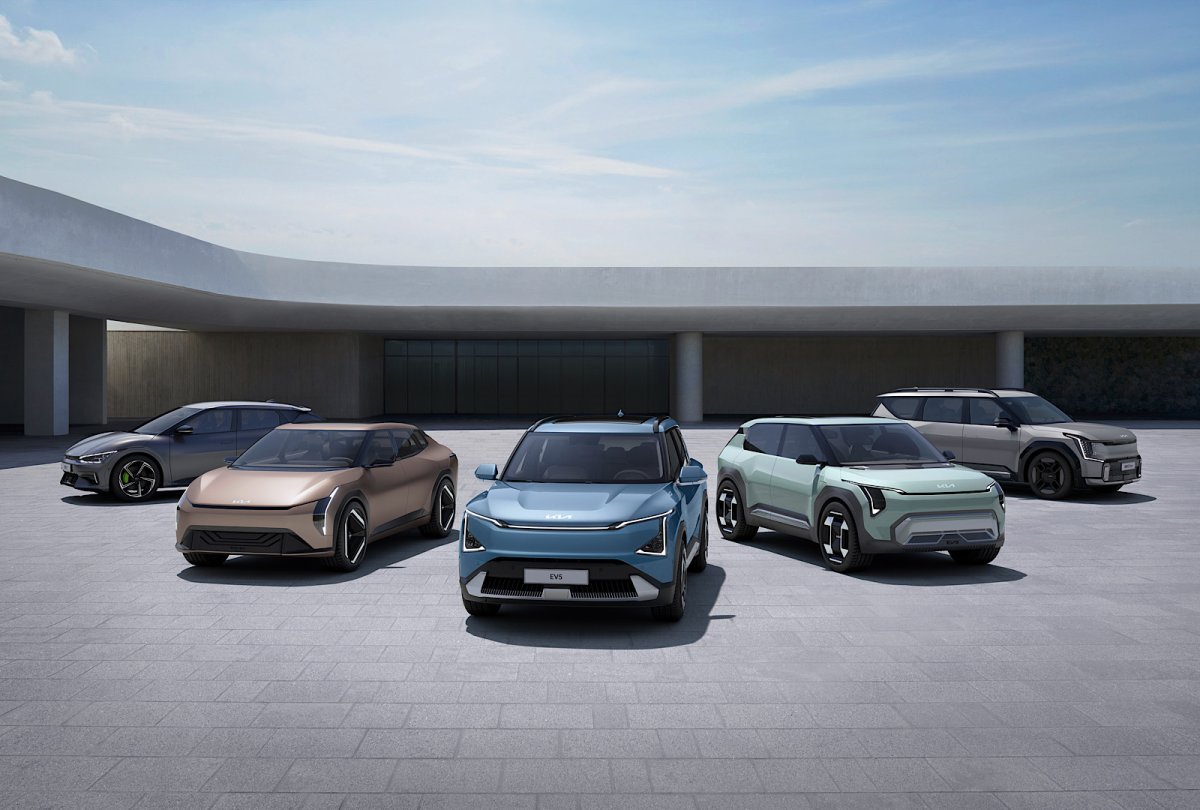
Chief Kia designer Karim Habib says that EV5 is designed to give its owners, "a life enriching experience that goes beyond the physical boundaries of the car itself."
The Kia Concept EV4 is a look at the intersection of sedan and crossover, a space clearly inspired by Saab but standing out as "post sedan" in designer speak. It's smaller than the EV6.
Concept EV3 is an electric compact SUV that's equal parts "practical and joyful", the automaker says. It's slightly larger than Seltos but smaller than Niro in proportion. While its looks are exactly like the EV9 and EV5, they all share similar upright position thanks to traditional SUV styling.
EV3 and EV4 are destined for the U.S. market when they get into final form.
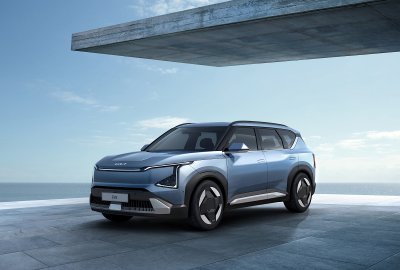
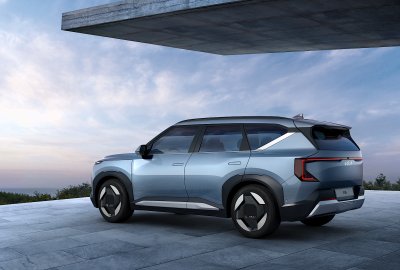
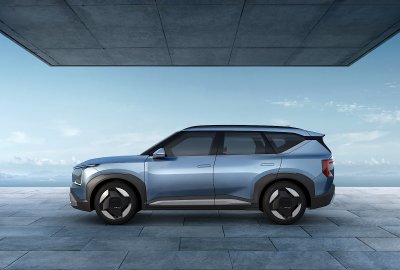
These three vehicles join the Niro EV, EV6 and EV9 as the company's electric pathway toward future success. The brand aims to sell one million electric vehicles annually by 2026.
By 2030, Kia will sell 1.6 million per year, in a market that is slated to reach 36 million units of sale per year by the same market.
Kia's EV lineup will have models priced from $30,000 to $80,000, including the recently-announced pricing of the EV9. The EV3, EV4 and EV5 will be priced from $35,000 to $50,000.
Markets that have rapid EV adoption, like Scandinavia, will see the new models come to their dealers first. Regions with slower adoption rates will see the vehicles later, as part of an aim to "diversify product offerings and cater to various customer preferences," Kia said in a press release.
Some of this rollout is also contingent on the availability of batteries. Joint vehicle battery-making facility build-out is underway in the state of Georgia as part of a partnership with SK On. Hyundai Motor Group, the parent company of the Kia, Genesis and Hyundai brands, plans to spend $5 billion on the facility.
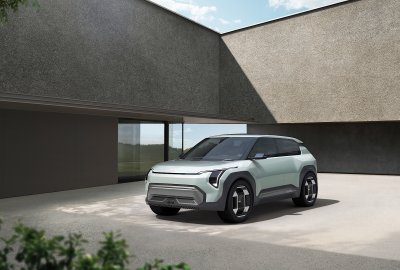
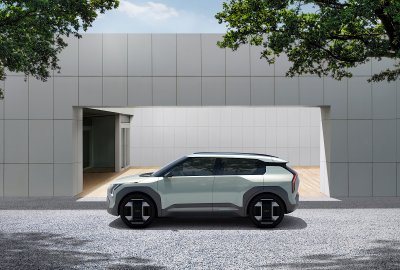
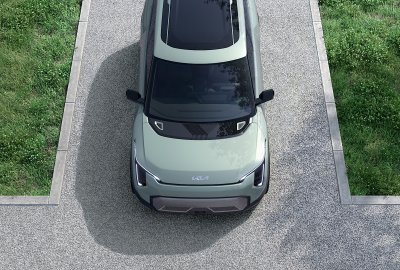

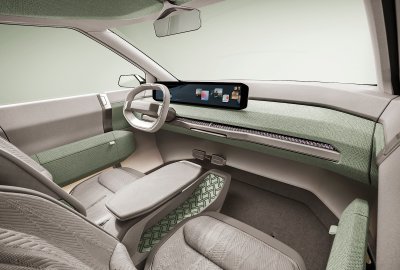
Additionally, Kia intends to establish a total of eight global EV production facilities by 2025. These facilities will have the ability to research, develop, produce and supply countries' vehicle needs, with Korea serving as the main hub.
Production in Europe will focus on small- and medium-sized EVs. In China, the emphasis will be on mid- to large-sized SUVs. Models for emerging markets will be produced in India while North American production will be diverse in response to the Inflation Reduction Act (IRA).
"Kia's initial EV focus is on Europe and China, which makes sense in terms of differences in the pace of regional adoption and regional regulatory pressure. But with many automakers taking this logical approach, it could mean the US availability of a wider range of EVs occurs more toward the end of the decade than the middle of the decade," Stephanie Brinley, associate director of research and analysis at S&P Global, told Newsweek.
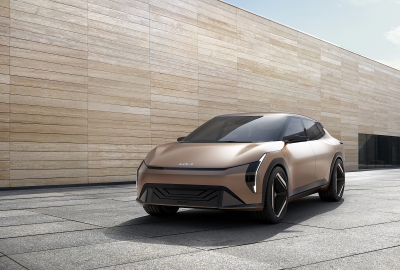
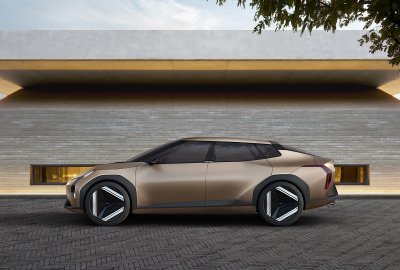
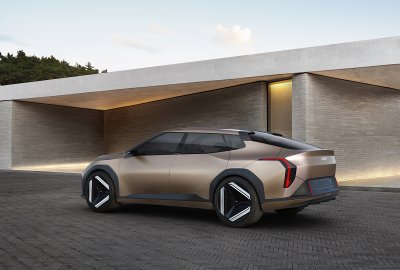
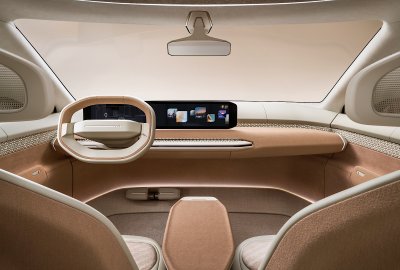
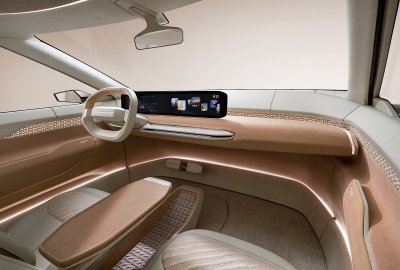
"Though the EV5 and the concepts suggested by EV4 and EV3 are priced more affordably, their size and positioning is presented as better suited to China and Europe. These three new EV products should combine with existing EVs to create a robust EV product lineup as a whole—but there don't seem to be many markets likely to see the whole portfolio.
"Over time, however, if the U.S. is to transition to an EV-dominant market as well as elsewhere, a robust offering smaller and less expensive products must be part of the mix. That may not be until the next decade, despite announced plans moving forward, but it has to happen."
Uncommon Knowledge
Newsweek is committed to challenging conventional wisdom and finding connections in the search for common ground.
Newsweek is committed to challenging conventional wisdom and finding connections in the search for common ground.
About the writer
Eileen Falkenberg-Hull leads the Autos team at Newsweek. She has written extensively about the auto industry for U.S. News & ... Read more





